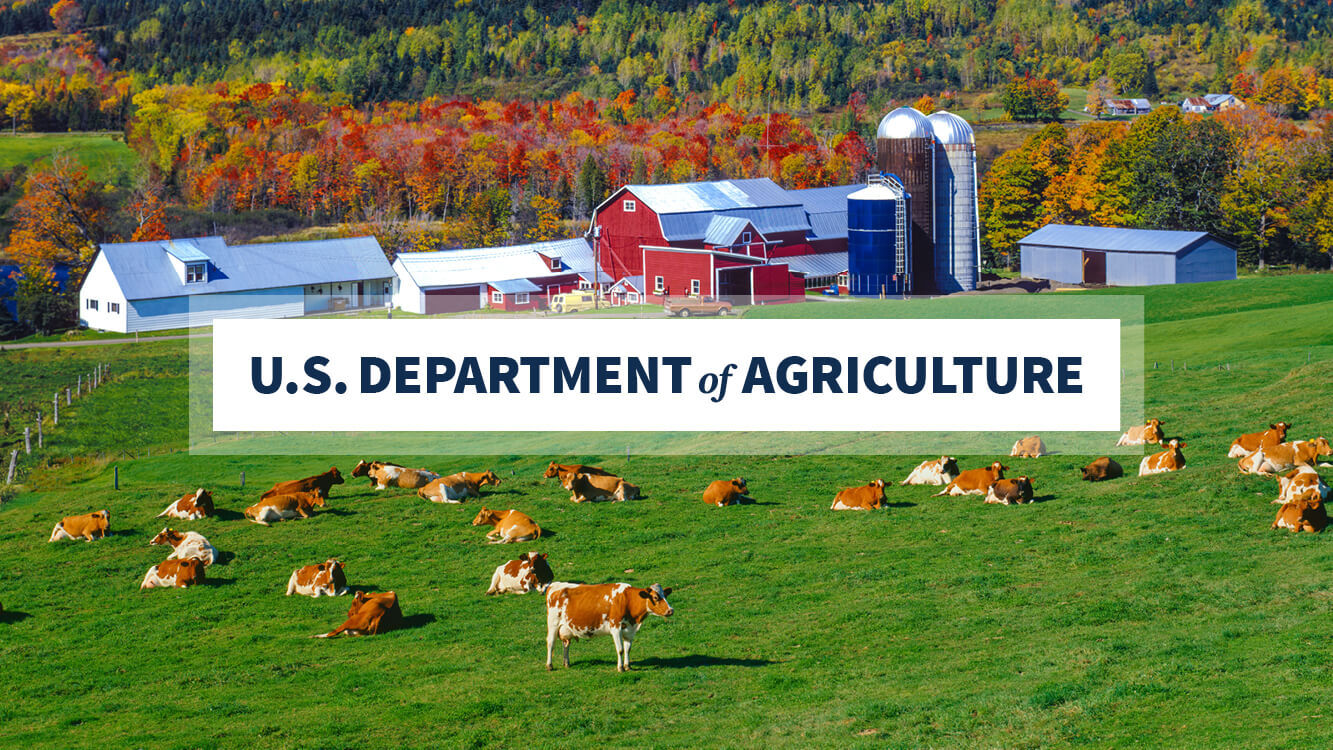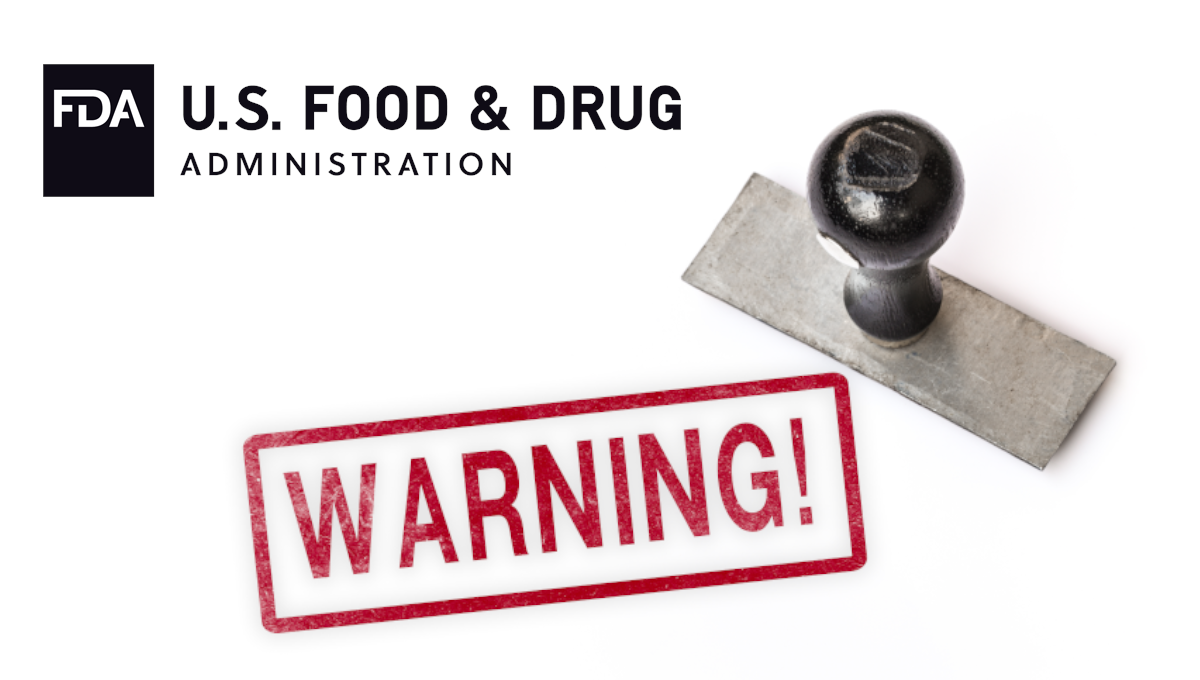Brothers Stewart and Micheal Parnell are the most reviled characters from one of food safety’s worst tragedies, and they’ve been trying for an early release from prison going into their sixth year.
Stewart, 70, and Michael, 65, seemed close to getting a decision Sept. 26, 2024, when the U.S. Court of Appeals in Atlanta held oral arguments in a consolidated hearing. But the three-judge panel has yet to rule on the motion that could see a reduction in the brothers’ case, sending the matter into a sixth year.
Stewart Parnell has over a dozen years to serve on his prison sentence, and Michael Parnell has about half of that.
Their jury convictions and trial judge rulings were all upheld by the Appellate Court in 2018. They’ve sought since 2019 to obtain early release under a federal 2255 motion, also known as a Habeas Corpus motion.
In 2008-09, the Peanut Corporation of America’s (PCA’s) Georgia peanut processing plant was the source of a multi-state Salmonella outbreak that sickened thousands and resulted in nine deaths. PCA peanut butter and paste subsequently required the recall of thousands of products.
A four-year investigation, led by the FBI, followed and resulted in criminal indictments against both of the Parnell brothers. On Feb. 15, 2013, an Albany, GA, jury found Stewart Parnell guilty of all but one of the 68 felony counts with which he was charged.
He was convicted of conspiracy, mail and wire fraud, selling misbranded food, and introducing adulterated food into interstate commerce. Michael Parnell was also found guilty but on fewer counts. At the time of the outbreak, Stewart was PCA’s president, while Michael was associated as a peanut broker.
The Parnell brothers’ “Great Writ” of habeas corpus remains in play. It is a fundamental right in the Constitution that protects against unlawful and indefinite imprisonment. In Latin, it means “show me the body.” Habeas corpus is supposed to safeguard individual freedom against arbitrary executive power.
Before they were consolidated, both motions were denied by the trial judge for the federal District Court, hence the ongoing appeal to the Atlanta appeals court,
In addition to last September’s hearing, the Appellate Court has issued a “certificate of appealability” on two issues. Those are jury prejudice and ineffective assistance of counsel.
The Parnell appeal includes mounds of local, state, and national media stories to illustrate the climate from the outbreak through the trial. Copeland said about 8,000 were in the jury pool in the Court’s Albany Division at the time of the trial.
This is a lot to digest, but it all boils the case down.
“The nine deaths did not come into evidence at trial,” Stewart’s Attorney Amy Copeland Copeland writes. “The government agreed not to introduce that evidence.” Two who knew about the deaths entered the jury and into juror deliberations.
It breaks down into whether those nine deaths couldn’t be put aside in a community with the peanut industry too damaged by the Salmonella outbreak blamed entirely on Stewart Parnell’s Peanut Corporation of America.
Criminal charges were not brought for four years after the outbreak, but .jury selection showed that 60 percent of the prospective jurors knew about the case.
In previous testimony, an Albany peanut broker said the Salmonella outbreak at PCA “devastated” the industry.” The sentiment in the local community was “under attack by the media,” especially after reports of death resulting from the salmonella “hit the fan,” according to the appellate brief.
Parnell’s trial attorneys did not seek a change of venue for the original jury trial. His defense team members all testified at an evidentiary hearing two years ago. They thought Albany, GA, would be the friendliest venue for the PCA trial, but they may have misread the public badly.
The 2014 jury trial was held in Albany, where 60 percent of America’s peanuts are grown within a 150-mile radius. PCA’s peanut processing plant in Blakely, GA, was 65 miles away.
A change of venue is not required if prospective jurors are merely exposed to facts of a case, but only if “inflammatory, prejudicial pretrial publicity“ pervades or saturates the community making a fair trial “virtually impossible.”
Parnell has established “a presumption of jury prejudice,” according to Copeland. “The Sixth Amendment secures criminal defendants the right to trial by an impartial jury,” she said.
And when the deaths were not allowed to be even mentioned at trial, Copeland says jurors were using terms like “fry them” and “hang” and “exact a pound of flesh” as they convicted Parnell on 67 of 68 counts against him.
Many of us remember from our Civil War history that President Lincoln suspended the Writ of habeas corpus so certain Rebels could not escape the military’s jurisdiction. The Lincoln suspension ended four years after the Civil War was over. Parnell’s Writ, however, is taking a bit longer.
To sign up for a free subscription to Food Safety News, click here.)
Note: This article have been indexed to our site. We do not claim legitimacy, ownership or copyright of any of the content above. To see the article at original source Click Here













